EMBLA
The EMBLA group - Enabling Microtechnologies for Biomedical and Life science Applications - is led by Prof. Maria Tenje and comprises researchers with backgrounds in material science, nanotechnology, chemistry and biology. The research activities of EMBLA are focused on droplet based microfluidics and organs-on-chip.
We have an interdisciplinary character of our projects and we use microfabrication techniques combined with microfluidics to develop new platforms for visualisation and characterisation of cells to learn more about the human biology. We address both fundamental research questions and develop microsystems that in the near future could find clinical and industrial applications.
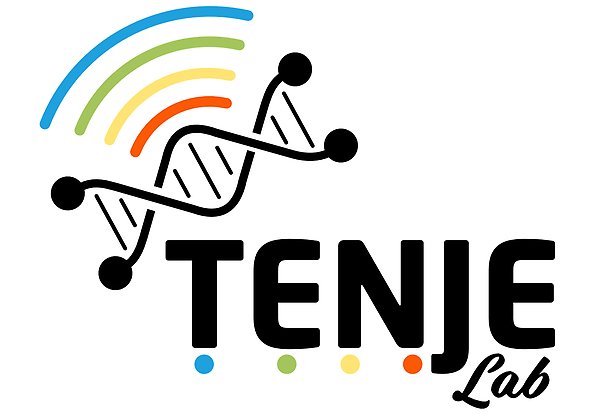
Research Focus
Organs-on-Chip
Classical and exotic microfabrication techniques are used to modify the mechanical and chemical properties of biologically derived hydrogels for controlled cell adhesion and proliferation.
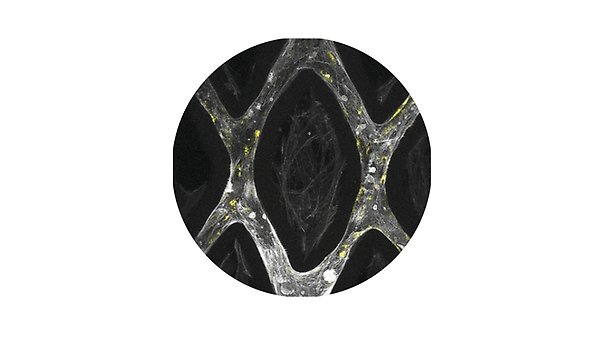
Biomaterials-on-Chip
To assess the potential of biomaterials under more relevant physiological conditions, we integrate biomaterials into microfluidic systems for studies of their biological properties.

Integrated electronic sensors
Microstructured metal electrodes are integrated in several of the microfluidic systems we fabricate. The electrodes can be used to stimulate cells, analyse in situ temperature and measure the tightness of cell junctions in real time.
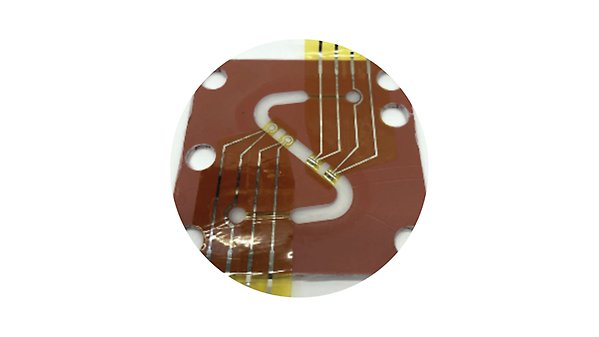
Droplet Microfluidics
We research droplet microfluidic systems using both aqeuous and hydrogel-based droplets and use these for rapid biological assays, specifically focused on studying cell growth.

Microfabrication
We fabricate microfluidic systems for several different life science applications in Si, glass and different polymers on the length scale from sub-µm to mm. The pilot facility Customized Microfluidics work with external parties.
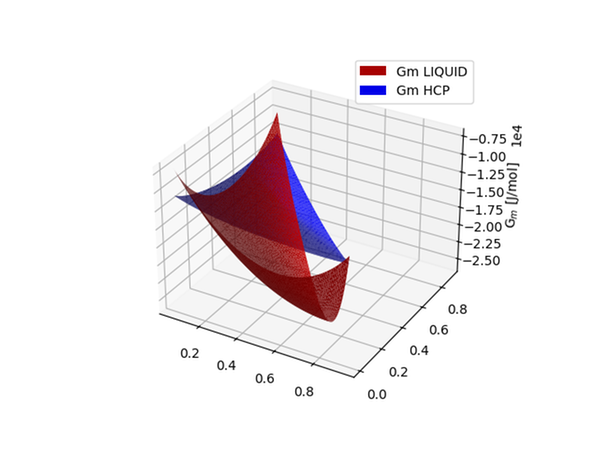
Acoustofluidics
Acoustic forces are used to manipulate cells and bioparticles in microfluidic systems. We specialise in acoustic trapping and free-flow acoustophoresis in two-phase systems.
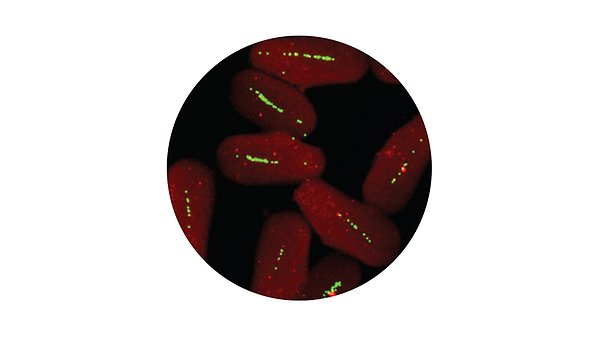
Group Members
- Maria Tenje - Group Leader
- Karin Magnusson - Project Coordinator
- Samah Abou-Sharieha - Researcher
- Sagar Agnihotri - Postdoc
- Laurent Barbe - Researcher
- Anna Fornell - Researcher
- Sofia Johansson - Postdoc
- Neeraj Katiyar - Postdoc
- Pradipta Kr Das - Postdoc
- Yuan Cui - PhD student
- Linglu Hong - PhD student
- Astrid Olivefors - PhD student
- Qian Shi - PhD student
- Eszter Szombati - PhD student
- Dimitra Valadorou - PhD student
- Gabriel Werr - PhD student
Alumni
- Susan Peacock, Project Coordinator 2017-2024
- Rebecka Norman, MSc 2024
- Praneeth Karempudi, PhD 2023
- Kristel Parv, Project Coordinator 2023
- Federico Cantoni, PhD 2023
- Lulu Wu, PhD 2023
- Nuzhet Inci Kilic, PhD student 2022-2023
- Femke Tolboom, MSc 2023
- Lilli Ahopelto, MSc 2023
- Abdul Raouf Atif, PhD 2023
- Isabel Burdallo, Project Coordinator 2022-2023
- Sarah-Sophia Carter, PhD 2022
- Ana Maria Porras Hernandez, PhD 2022
- Zhenhua Liu, PhD 2022
- Susanna Wärmegård, MSc 2022
- Atena Khaji, Postdoc 2017-2022
- Hannah Pohlit, Postdoc 2018-2022
- Linnéa Soto Carlsson, BSc 2022
- Albin Jonasson, BSc 2022
- Samuel Lindner, MSc 2022
- Ramon Katoele, Intern 2022
- Maja Grape, MSc 2022
- Gemma Mestres, Senior Lecturer 2015-2021
- Anna Kim, Researcher 2021
- Maryam Shojaee, Guest PhD Student 2021
- Alina Beer, MSc 2021
- Tinde Höjer, MSc 2021
- Hanlu Deng, MSc 2021
- Björn Stenestam, MSc 2020
- Daniel Feldt, Intern 2020
- Qian Shi, MSc 2020Anna Fornell, Postdoc 2018-2020
- Martin Andersson, Senior Research Engineer 2020
- Mara Lucchetti, Visiting PhD student 2020
- Milena De Albuquerque Moreira, Senior Research Engineer 2018-2019
- Sean Searle, Visiting PhD student 2017-2019
- Björn Stenestam, Intern 2019
- Gianluca Bortolini, Intern 2019
- Per Söderbäck, MSc 2019
- Julia Levy, Intern 2019
- Fredrik Lindeberg, MSc 2019
- Jingyi Sun, MSc 2019
- Gabriel Werr, Intern 2019
- Anna Blasi, MSc 2019
- Lars Erdmann, MSc 2019
- Anna Fornell, PhD 2018
- Noelia D’Elía, Visiting postdoc, 2018
- Ramón Rial Silva, Visiting PhD student, 2018
- Fredrik Lindeberg, Intern 2018
- Gabriel Werr, MSc 2018
- Klara Björnander Rahimi, MSc 2018
- Abdul Raouf Atif, MSc 2018
- Anette Wolff, Licentiate 2019
- Rebecka Sörensen, MSc 2018
- Sajal Tiwari, MSc 2018
- Axel Happstadius, MSc 2017
- Frida Sjögren, Licentiate 2017
- Krishna Narayan, MSc 2017
- Simonne Jocic, MSc 2016
- Anabel Villanueav, BSc 2016
- Nicki Nordh, MSc 2015
- Arun Thumula, MSc 2016
- Ana María Porras, MSc 2016
- Karolina Svensson, MSc 2017
- Emma Thomée, MSc 2017
- Mathias Ohlin, Postdoc 2015-2017
Popular Science
The research of the EMBLA group is based on microfabrication and microfluidics with applications in the life sciences.
One research direction is organs-on-chip where we focus on developing reliable alternatives to animal testing. We achieve this by culturing cells in minaturised systems where we can precisely control the paramaters of the cell cultures. These systems can then be used as models of the different biological barriers of the human body. The systems can be applied both for fundamental research, to better understand the cellular processes that controls drug delivery. It is our ambition that our developed systems in the future will be used as screening platforms within the pharmaceutical industry.
Another area of our research is droplet acoustofluidics where we use our experties in microfabrication of glass and silicon and integrated acoustics. The microfluidic channels are used to generate water based droplets surrounded by oil. Each droplet can be used as a minaturised reaction chamber for individual cells. We also develo microfluidic systems for large scale bacterial manipulation and analysis. We then use acoustic forces to manipulate particles and cells that are encapsulated inside these droplets.
